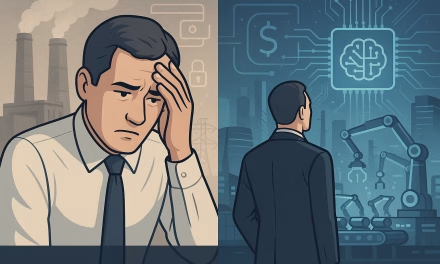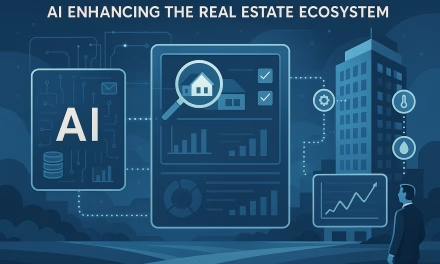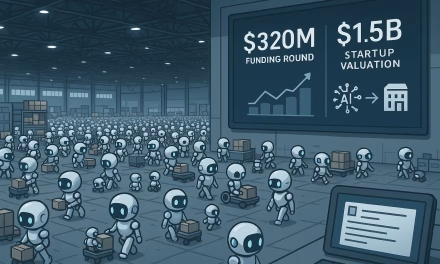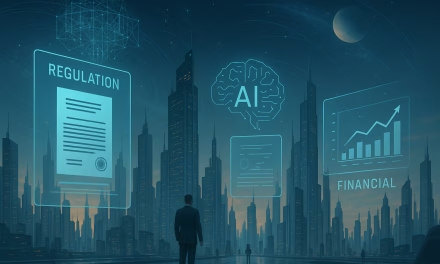July 9, 2025, brings a critical discussion to the forefront of the business world: the impending workforce transformation driven by Artificial Intelligence, particularly the warnings of significant white-collar job displacement. Senior executives from major corporations, including Ford, JPMorgan, and Amazon, are issuing stark warnings that AI will trigger substantial cuts across various industries.
This is not merely a theoretical concern; it’s a call to action for businesses globally. As AI systems become more sophisticated, capable of handling complex data analysis, administrative tasks, and even creative functions, roles traditionally performed by human professionals are becoming increasingly susceptible to automation. The implications are profound, signaling a fundamental shift in how companies operate and how workforces are structured.
The challenge for businesses now lies in adapting to this new reality. This involves not only strategic planning for AI integration but also a proactive approach to reskilling and upskilling the existing workforce. Companies must invest in training programs that equip employees with the skills necessary to collaborate with AI, focusing on tasks that require uniquely human attributes such as critical thinking, creativity, emotional intelligence, and complex problem-solving.
Furthermore, the regulatory landscape is also evolving, with the European AI Act facing implementation delays and the U.S. Senate revising proposed AI regulation restrictions. These developments highlight the complex interplay between technological advancement, economic impact, and governmental oversight. Businesses must stay abreast of these regulatory changes to ensure compliance and ethical AI deployment.
The warnings from industry leaders on July 9, 2025, serve as a powerful reminder that the AI revolution is not just about technological innovation; it’s about societal and economic restructuring. The businesses that proactively address the challenges of workforce transformation, invest in their human capital, and adapt their strategies will be best positioned to thrive in this new era of AI-driven efficiency.





